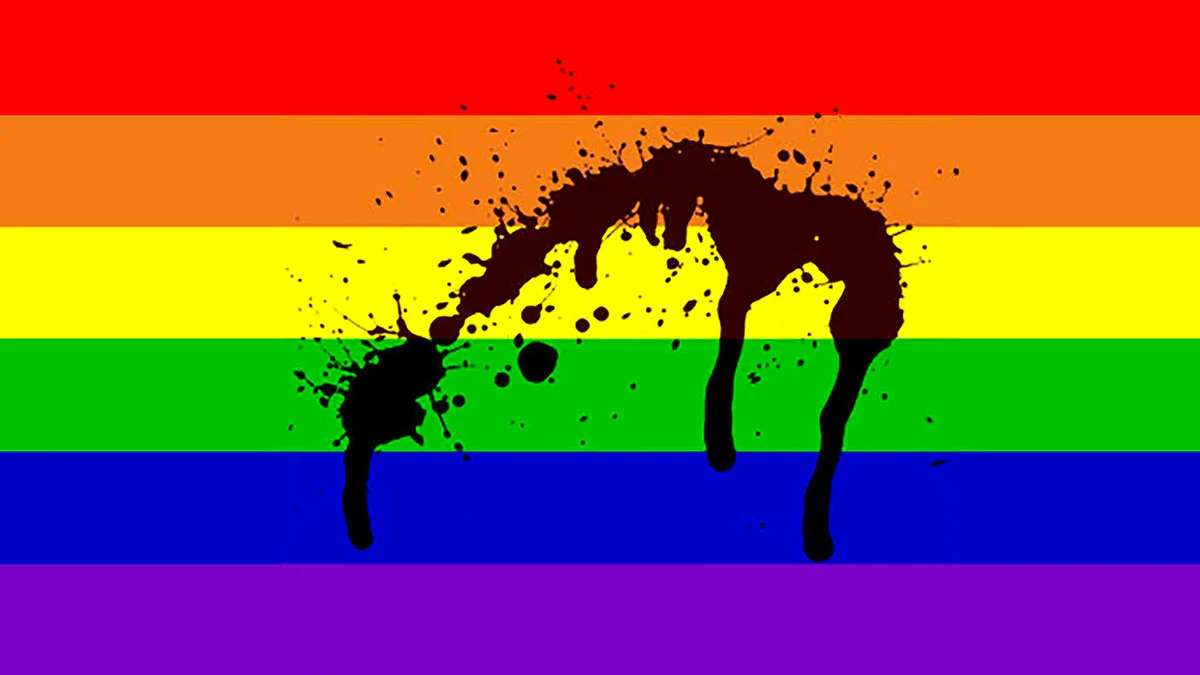
Indonesia: Fresh Wave of Anti-LGBTQ Rhetoric, Arrests
Indonesian officials should uphold the rights of lesbian, gay, bisexual, transgender and Queer/Questioning (LGBTQ) people in the face of renewed anti-LGBTQ statements and discriminatory policy proposals, Human Rights Watch said yesterday in a letter to Governor Ridwan Kamil of West Java province.
Throughout October 2018, government officials in various regencies of West Java province have publicly called for policies that would target LGBTQ people for arrest and «rehabilitation». Local decrees and other official documents that Human Rights Watch reviewed propose handing over lists of allegedly gay and bisexual men to authorities, changing school curricula to teach falsehoods about and hatred of LGBTQ people, subjecting LGBTQ people to medical intervention in an attempt to change their sexual orientation or gender identity, censoring speech about LGBTQ rights, and other measures supposedly to combat the «LGBTQ threat».
«Indonesian officials at all levels need to protect LGBTQ people from violence and discrimination», said Andreas Harsono, Indonesia researcher at Human Rights Watch. «West Java’s governor, Ridwan Kamil, should unambiguously support the basic rights of all Indonesians, including LGBT people».
On October 18, police in Bandung, the capital of West Java province, raided a private home and arrested two men for allegedly running a Facebook group for same-sex couples. Police confiscated five mobile phones and 25 condoms during the raid, continuing a disturbing pattern of targeting people in private homes because of their suspected sexual orientation, and of using condoms as evidence of a supposed crime.
Indonesia has been engulfed by a government-driven moral panic about gender and sexuality, Human Rights Watch said. Beginning in early 2016, politicians, government officials, and state offices issued anti-LGBTQ statements – calling for everything from criminalisation and «cures» for homosexuality, to censorship of information related to LGBTQ individuals and activities.
Throughout 2017, police across Indonesia raided saunas, nightclubs, hotel rooms, hair salons, and private homes on suspicion that LGBTQ people were inside. Militant Islamists often tipped off police or accompanied them during these raids. In 2017, police apprehended at least 300 people because of their presumed sexual orientation or gender identity – a spike from previous years and the highest number ever recorded in Indonesia. The government’s failure to halt arbitrary and unlawful raids by police and militant Islamists on private LGBTQ gatherings has derailed public health efforts to curb HIV in men who have sex with men.
After a February 2018visit to Indonesia, the United Nations high commissioner for human rights, Zeid Ra’ad Al Hussein, stated that, «The hateful rhetoric against [LGBTQ Indonesians] that is being cultivated seemingly for cynical political purposes will only deepen their suffering and create unnecessary divisions».
«Vitriolic anti-LGBTQ rhetoric from Indonesian officials gives social sanction and political cover to violence and discrimination», Harsono said. «Governor Kamil needs to uphold ‘unity in diversity’ by publicly opposing officials who treat LGBT people as a threat and putting an end to unlawful police behaviour».







